How will Alternative Academic Qualifications and Post-16 Reforms Impact the Adult Education Budget?
The educational landscape is set for change, with the Department for Education (DfE) introducing new alternative academic qualifications (AAQs) as part of their post-16 reforms. AAQs will remove the ambiguity surrounding young learners' options and create a more distinctive divide between academic and technical qualifications.
Not only will the reforms streamline the post-16 learning experience, they will also play a significant role in upskilling the workforce and enhancing the educational opportunities for adult learners eligible for AEB funded qualifications.
What are the phases of the post-16 reforms?
To make the transition into AAQs as smooth as possible, the post-16 reforms will be rolled out in three phases.
Phase 1: In August 2022, funding was removed from around 5,500 qualifications at level 3 and below with little to no enrolment.
Phase 2: Funding will be removed from level 3 qualifications that overlap with the new AAQs and T-Levels.
Phase 3: New funding approval criteria for technical and vocational qualifications at level 3 and below will be introduced.
As an Awarding and End-Point Assessment Organisation, we have been hard at work developing the new AAQs and are excited to bring them to life!
Our Head of Product Development, Chris Tubbrit, shares an insight into what we have been working on:
At TQUK we make it our mission to provide quality services that give learners a seamless, educational experience. To ensure the positive impact of AAQs, we are sharing all the essential information centres and learning providers need to know in our AAQs Quick Reference Guide!
How will the AEB be affected by AAQs and the post-16 reforms?
With phase 1 already underway, phase 2 of the post-16 reforms will be set into motion from September 2025. This means that, starting with level 3 qualifications and working down, any qualifications that overlap with the new AAQs and T-levels will be defunded from one sector subject area (SSA) to another.
The DfE have stated that by removing funding from these areas and investing it in new, improved qualifications, “young people can feel confident that they are studying technical qualifications which will prepare them for jobs in their chosen occupation.”
The defunding process will also apply to AEB funded qualifications, meaning adults learners can benefit from a higher-quality learning experience.
AEB funding transferred to The Lifelong Learning Entitlement (LLE)
As part of the reforms, the LLE, a financial support system offering a loan that covers the equivalent of four years post-18 education, will be introduced from 2025.
According to the DfE, the LLE will help train, upskill and improve the workforce and will be available for “full years of study at higher technical and degree levels, as well as, for the first time, modules of high-value courses, regardless of whether they are provided in colleges or universities”.
This will help increase skills levels across the UK and give adults, especially those from disadvantaged backgrounds, learning opportunities that wouldn’t normally be made available to them.
In addition, the LLE will offer new and returning learners up to the age of 60 the freedom to start any qualifications funded under the loan at any point during their lives. This will allow individuals the flexibility to fit their studies around additional responsibilities, such as work, childcare and personal commitments.
In December 2023, the DfE published their transfer of level 4 to 6 qualifications from Advanced Learner Loans to the LLE guidance, showing the steps that will be taken to carry out this process. The guide includes information surrounding extended loans funding approval and the release dates for the qualifications that will and will not be eligible for LLE transfer.
How will TQUK be handling the reforms?
The development of AAQs and their funding approval will be brought out in two cycles.
Cycle 1 will take place between 2023 and 2026 and include small AAQs in the subject areas that are mentioned in the Qualifications funding approval manual: 2025 to 2026.
Cycle 2 will take place between 2026 to 2027 and include both small and large AAQs in subject areas that are less represented by A Levels and T Levels.
At TQUK we can’t wait to launch our AAQs and help learners receive the educational opportunities they deserve, which is why in July 2023 we submitted our cycle 1 AAQS for approval in the most in-demand subject areas:
Engineering
Health and Social Care
IT
In July 2024 we will be submitting our cycle 2 AAQS for approval in the subject areas:
Performing Arts
Sport
Art, Craft and Design
Policing
Creative Digital Media
Film and Video Production
Sound Engineering
To learn more about the AAQs we plan to offer and the time scales for their development, check out our Quick Reference Guide!
To ensure that learners are benefitting from qualifications that have the power to improve their educational progression and career prospects, we are asking providers to write letters of support.
If you want to have your say, please contact qualifications@tquk.org


